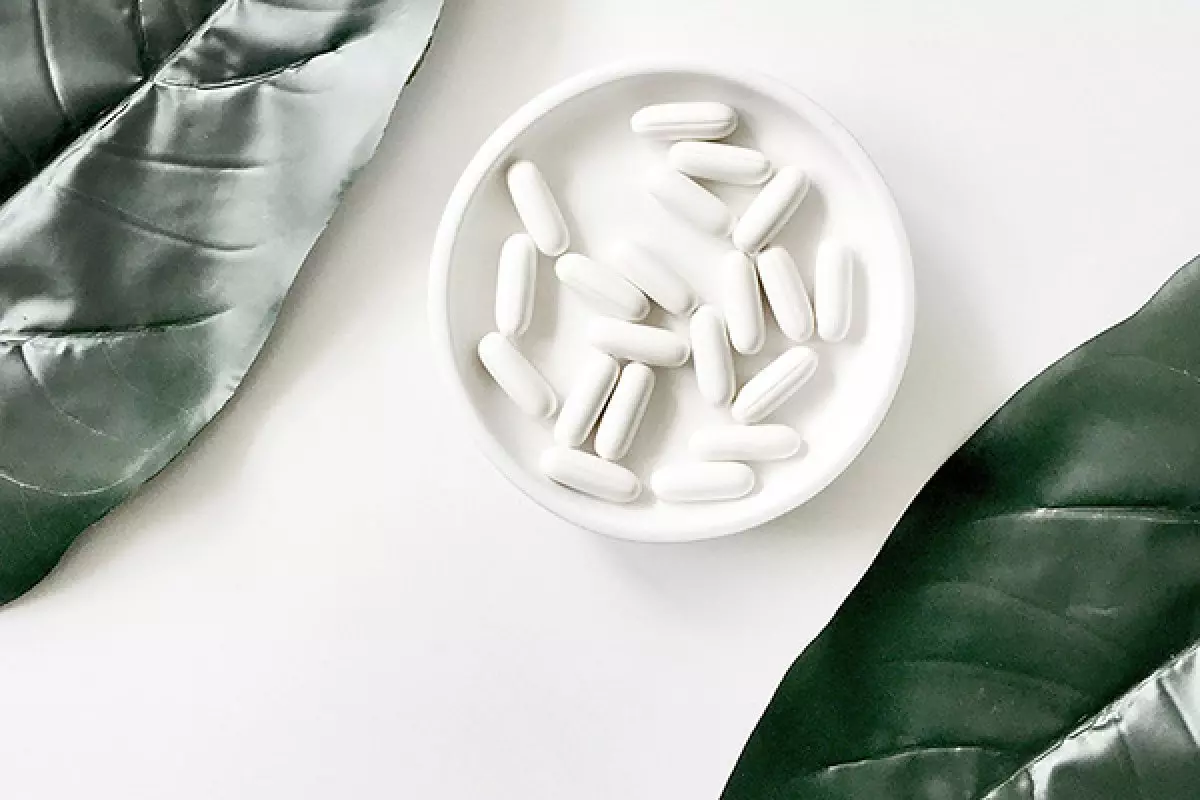Early detection of venous disorders: observe visible changes!
VENENCLINIC St. Gallen
9000 St. Gallen
VENENCLINIC Zurich
8004 Zurich
VENENCLINIC Chur
7000 Chur
VENENCLINIC Engadin
7513 Silvaplana

Blood thinners also complement the therapeutic spectrum. In addition to this conventional medical therapeutic approach, a variety of phytotherapeutic and homeopathic remedies are successful in the treatment of venous disorders.
The treatment of venous disorders with medication should always be limited in time. Pharmacies and drugstores sell a variety of so-called vein remedies, mainly in the form of ointments and tablets. Their ingredients usually consist of plant extracts such as horse chestnut, melilot, and other vein-active plants. For some substances, it has been scientifically proven that they not only alleviate the subjectively perceived discomfort, but also inhibit the development of edema, i.e., the tendency to swelling in the leg. However, vein remedies do not change the stage of the chronic venous disease or the varicose veins themselves.
Vein remedies should only ever be taken after consulting a doctor and after an examination of the leg veins, so as not to delay other therapy that may be necessary, such as sclerotherapy, surgery or compression.
Blood thinners are tablets and injections that thin the blood. These substance classes are necessary and extremely effective in the treatment of phlebitis and thrombosis. Their development and use have revolutionized the treatment of deep vein thrombosis in recent years. With their help, it is now possible to treat deep vein thromboses – and even pulmonary embolisms – on an outpatient basis without the need for hospitalization compared to earlier times.
Blood thinners are available in tablet form (Marcoumar®, Sintrom®) and as heparins, which can currently only be used as pre-filled syringes. Marcoumar® and Sintrom® are so-called vitamin K antagonists; they reduce the activity of coagulation factors and thus make the blood thinner. How thin the blood is can be determined using the so-called Quick test. Values of 15-35% (normal value 100%) are in the so-called therapeutic range. Depending on the constitution and diet, a patient may need more or fewer tablets to be within this range. Blood thinning medication such as Marcoumar® or Sintrom® is normally administered for 3-6 months. In some cases of repeated thrombosis or pulmonary embolism, lifelong treatment is necessary. Both drugs have been on the market and researched for many years. There are no known side effects worth mentioning.
Heparins are a mixture of certain molecules which, when injected into the subcutaneous fatty tissue, cause the blood to thin within a short time (1 hour). The use of normal heparins required the measurement of blood thinning using special test procedures. However, newly developed heparin classes, the so-called "low molecular weight heparins", can be used without a control measurement. These are pre-filled syringes that can be injected by the patient themselves. This is often useful, for example, before embarking on a long flight or bus journey (longer than 4-6 hours). Very recent studies show that the use of low molecular weight heparins in combination with a compression stocking is extremely effective in the treatment of deep vein thrombosis and makes hospitalization unnecessary. The therapy can be carried out on an outpatient basis.
Drug classes such as leech extracts (hirudin) and special sugar molecules (pentasaccharides) are brand new on the market and are also used to thin the blood. The results of the first studies are extremely promising, so that these substance classes will be much in demand in the coming years.
We understand that an aesthetic treatment needs to be carefully considered. We are therefore happy to take the time to answer all your questions during a no-obligation initial consultation. Arrange your consultation appointment at one of our VENENCLINICs today.
If you would like a brief online preliminary clarification before your consultation, you can also contact us by e-mail.
No matter which way you want to contact us - we look forward to hearing/reading from you!